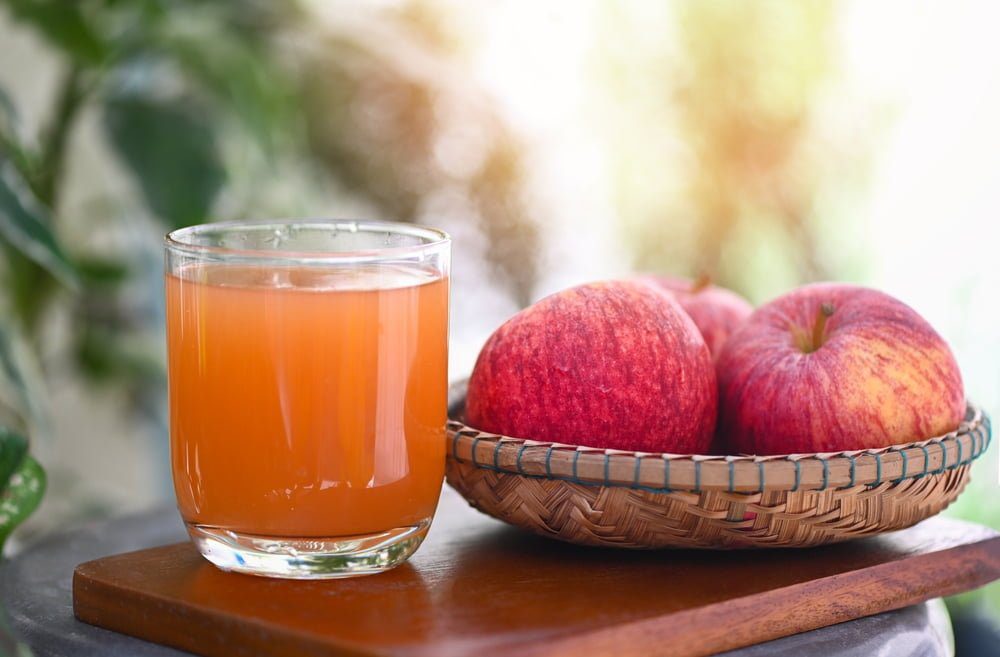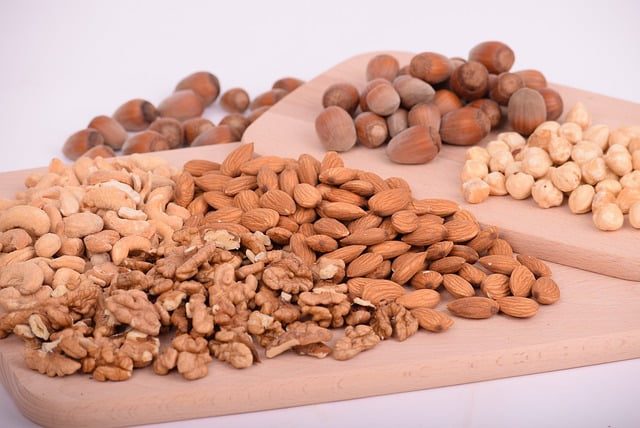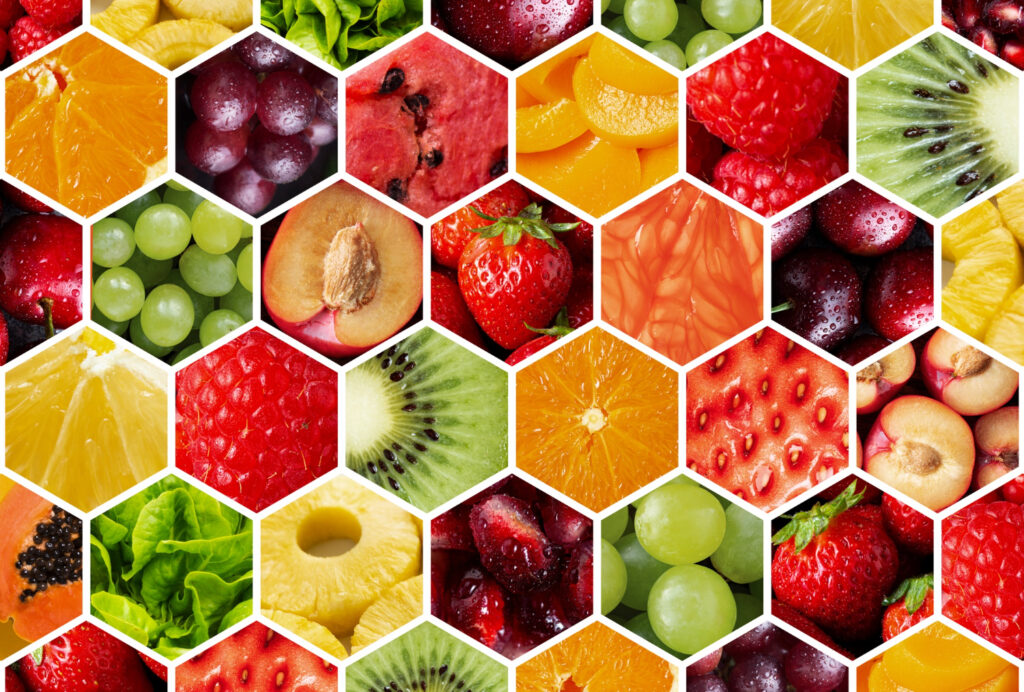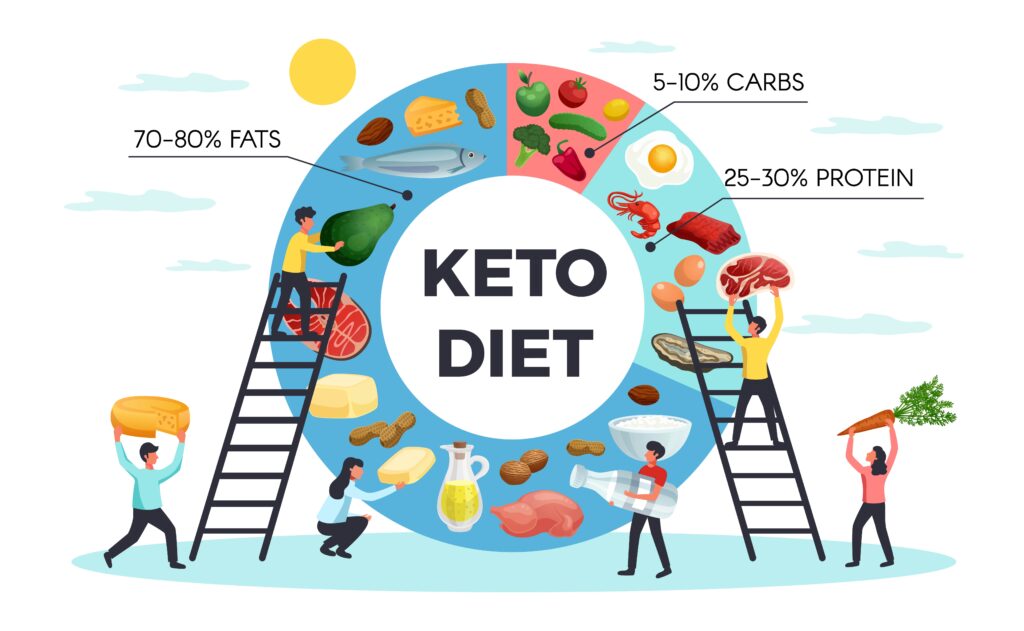Our grandparents grew up in a time before processed and fast foods were commonplace. Grandparents’ diets were often shaped by the availability of local ingredients, and they often ate fresh, homemade meals. While the food our grandparents ate may have differed from what we eat today, it was often healthier and more nutrient-dense than what we’re used to. In this article, we’ll explore some of the types of food that our grandparents ate.
What Type of Food Our Grandparents Ate: Amazing Facts.
1. Fresh fruits and vegetables.

Our grandparents ate fresh fruits and vegetables because they were rich in vitamins, minerals, and fiber. They incorporated them into their diet by eating them as part of meals and as snacks. The benefits of eating fresh fruits and vegetables include improved digestive health, increased energy, and a reduced risk of chronic diseases.
2. Whole grains.

Our grandparents ate whole grains because they were a good source of fiber, B vitamins, and minerals. They incorporated them into their diet by eating them as part of meals and as snacks, like oatmeal, porridge, and bread. The benefits of eating whole grains include improved digestive health, reduced risk of chronic diseases, and better blood sugar control.
3. Legumes.

Our grandparents ate legumes because they were a good source of protein, fiber, and minerals. They incorporated them into their diet by eating them as part of meals and as snacks, like beans, lentils, and peas. The benefits of eating legumes include improved digestive health, better blood sugar control, and a reduced risk of chronic diseases.
4. Dairy.

Our grandparents ate dairy because it was a good source of calcium, protein, and vitamins. They incorporated it into their diet by eating dairy products like milk, cheese, and yogurt. The benefits of eating dairy include improved bone and teeth health, better muscle health, and better blood sugar control.
5. Nuts and Seeds.

Our grandparents ate nuts and seeds because they were a good source of healthy fats, protein, and minerals. They incorporated them into their diet by eating them as part of meals and as snacks. The benefits of eating nuts and seeds include improved heart health, better blood sugar control, and a reduced risk of chronic diseases.
6. Oils.

Our grandparents ate oils because they were a good source of healthy fats and vitamins. They incorporated them into their diet by using them for cooking and baking. The benefits of eating oils include improved heart health, better digestion, and better blood sugar control.
7. Fish.

Our grandparents ate fish because it was a good source of protein, omega-3 fatty acids, and vitamins. They incorporated it into their diet by eating it as part of meals and as snacks. The benefits of eating fish include improved heart health, better cognitive functioning, and a reduced risk of chronic diseases.
8. Meat.

Our grandparents ate meat because it was a good source of protein and vitamins. They incorporated it into their diet by eating it as part of meals and as snacks. The benefits of eating meat include improved muscle health, better cognitive functioning, and better blood sugar control.
9. Eggs.

Our grandparents ate eggs because they were a good source of protein, healthy fats, and vitamins. They incorporated them into their diet by eating them as part of meals and as snacks. The benefits of eating eggs include improved muscle health, better cognitive functioning, and better blood sugar control.
10. Herbs and Spices.
Our grandparents ate herbs and spices because they were a good source of antioxidants and flavor. They incorporated them into their diet by adding them to meals and snacks. The benefits of eating herbs and spices include improved heart health, better digestion, and reduced inflammation.
11. Soup.
Our grandparents ate soup because it was a nutritious, filling, and comforting meal. They incorporated it into their diet by eating it as part of meals and as snacks. The benefits of eating soup include improved hydration, better digestion, and a reduced risk of chronic diseases.
12. Fermented Foods.
Our grandparents ate fermented foods because they were a good source of probiotics and beneficial enzymes. They incorporated them into their diet by eating them as part of meals and as snacks, like kimchi, sauerkraut, and kombucha. The benefits of eating fermented foods include improved digestive health, better immune system functioning, and a reduced risk of chronic diseases.
13. Natural Sweeteners.
Our grandparents ate natural sweeteners because they were less processed and had fewer calories than refined sugar. They incorporated them into their diet by adding them to meals and snacks. The benefits of eating natural sweeteners include improved blood sugar control, reduced risk of chronic diseases, and better dental health.
14. Bone Broth.
Our grandparents ate bone broth because it was a nutritious source of minerals and amino acids. They incorporated it into their diet by drinking it as a warm beverage or using it as a base for soups and stews. The benefits of drinking bone broth include improved joint health, better digestive health, and better immune system functioning.
15. Fermented Beverages.
Our grandparents drank fermented beverages because they were a good source of probiotics and beneficial enzymes. They incorporated them into their diet by drinking them as part of meals and as snacks, like kombucha, kefir, and kvass. The benefits of drinking fermented beverages include improved digestive health, better immune system functioning, and a reduced risk of chronic diseases.
Which is more effective diet: Grandparents’ diet or present-day diet?
The effectiveness of a diet depends on a number of factors, such as individual health goals, budget, lifestyle, and food preferences. A diet based on traditional practices that have been passed down through generations, such as a grandparent’s diet, may be more effective than a present-day diet because it is focused on eating whole, unprocessed foods that are rich in nutrients.
Additionally, the grandparent’s diet often includes the importance of eating in moderation, which is an important factor in maintaining a healthy weight. However, if the grandparent’s diet does not include certain foods that have been discovered to be beneficial in the present day, such as certain types of fish or leafy green vegetables, then a present-day diet may be more effective. Ultimately, the effectiveness of any diet depends on the individual and their goals.
Your grandfather’s diet is different from your diet why?
1. Your grandfather’s diet may be higher in fat, saturated fat, and cholesterol due to his age and dietary habits.
2. Your grandfather may be consuming more processed foods than you are.
3. Your grandfather may have different nutritional needs than you due to age or health conditions.
4. Your grandfather may have different taste preferences than you.
5. Your grandfather may have a different activity level than you and require different calorie and nutrient intake.
6. Your grandfather may be eating foods with less nutritional value than you.
7. Your grandfather’s diet may be higher in sodium than yours.
8. Your grandfather may be eating fewer fruits and vegetables than you.
Compare food in the past and now.
| Comparison | Past | Now |
| Availability | Limited availability, usually sourced locally | Global availability due to advances in transportation |
| Variety | Limited variety | Wide variety of different foods available |
| Preparation | Prepared primarily by hand | Prepared with the use of machines and technology |
| Cost | Generally more expensive | Generally less expensive |
| Health | Foods not always prepared in the healthiest manner | Focus on health benefits when selecting foods |
| Taste | Limited options for flavor | Wide range of options for flavor |
| Nutrition | Foods may not be as nutritionally diverse | Nutrient-rich foods available |
| Packaging | Minimal packaging | More packaging used to preserve foods |
| Preservation | Primarily preserved through salting, smoking, etc. | Preserved through freezing, canning, etc. |
| Quality | Quality could vary, may not be fresh | Quality and freshness are usually guaranteed |
Bottom Line.
Our grandparents were part of a generation that ate simpler, more traditional foods that were often cooked from scratch. They ate meals that were made with nutritious and locally sourced ingredients that had been passed down through their families for generations. This type of food provided our grandparents with the nourishment needed to maintain a healthy lifestyle. Although their diets may have been limited in comparison to the wide variety of foods available today, our grandparents were able to enjoy a diet that was both delicious and nutritious.

 Workout
Workout
 Meditation
Meditation




 Contact Us
Contact Us















